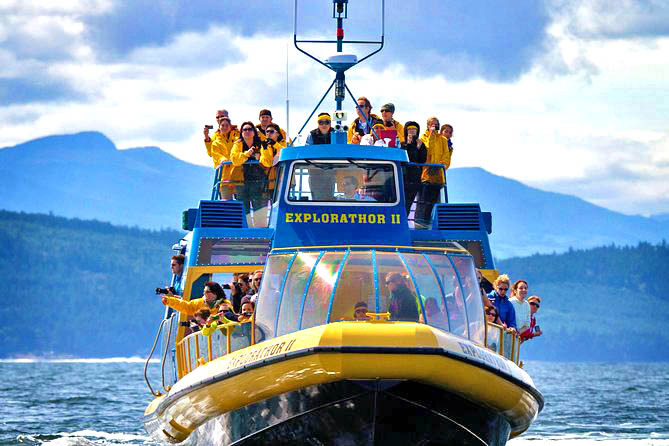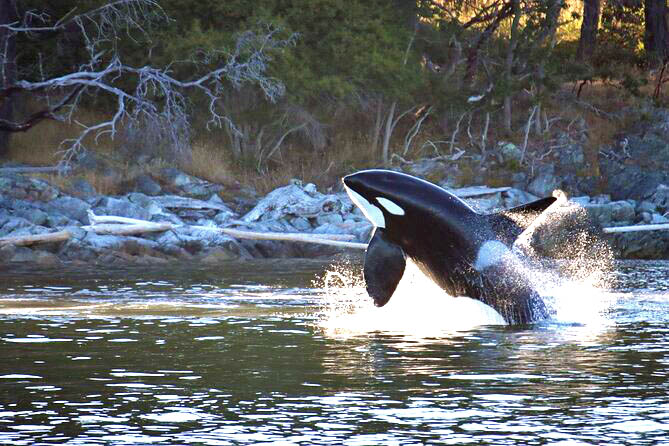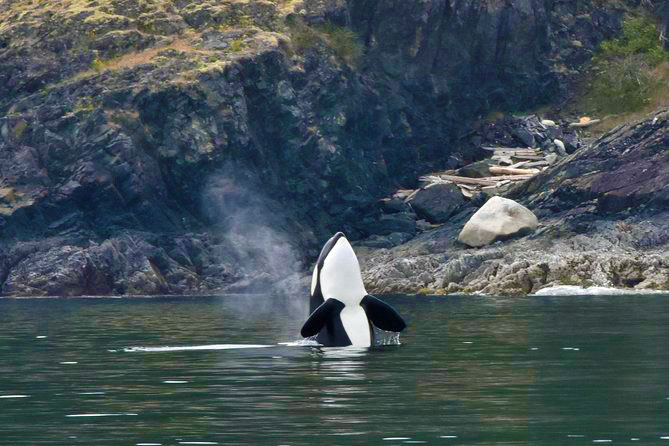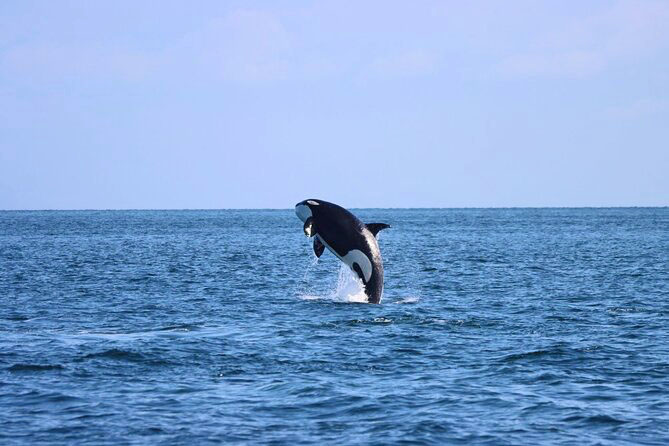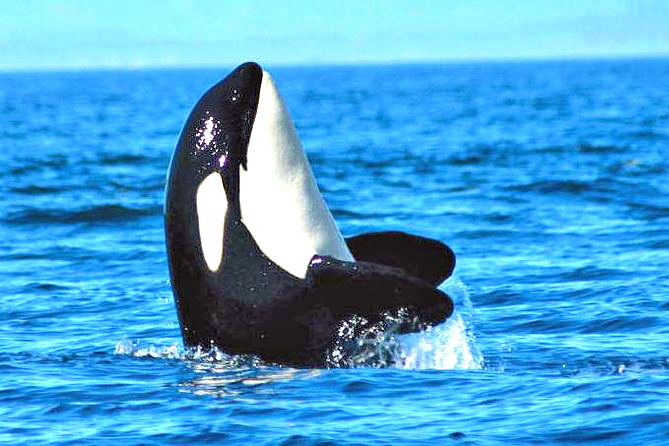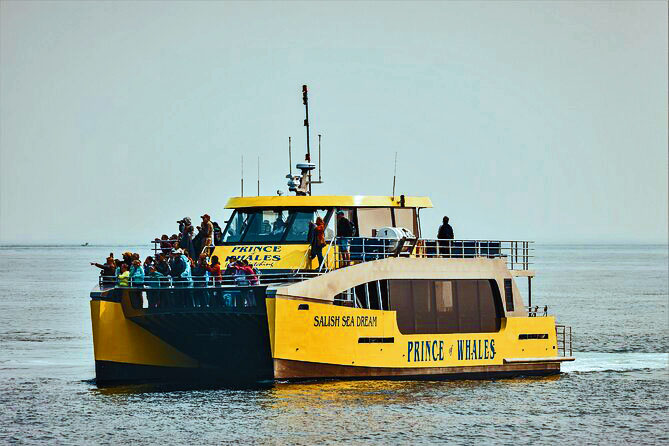Why Do Whales Beach Themselves?
Whale beaching, also known as whale stranding, is a complex phenomenon with various potential causes. The reasons why whales beach themselves are not fully understood and can differ based on the species, location, and individual circumstances. Some possible reasons why whales may beach themselves are:
Navigational Errors
Whales use echolocation to navigate and communicate underwater. In some cases, whales may become disoriented or make navigational errors, leading them to swim into shallow waters, where they can become stranded.
Illness or Injury
Sick or injured whales may be more susceptible to stranding. Certain diseases or health conditions could affect a whale's ability to navigate, swim, or maintain buoyancy, making them more likely to wash up on shore.
Social Reasons
Whales are highly social animals, and in some instances, one or more members of a group may strand while trying to assist a sick or injured individual. This behavior, known as "communal stranding," can result in multiple whales being stranded together.
Chasing Prey or Escaping Predators
Whales might strand while chasing prey into shallow waters or when trying to escape predators, such as sharks or killer whales.
Environmental Factors
Unusual oceanographic conditions, such as changes in tides, strong currents, or extreme weather events, may contribute to whale strandings.
Human Activities
Human-induced factors can also play a role in whale strandings. For example, whales can become entangled in fishing gear or collide with vessels, leading to injuries or disorientation.
Sonar and Underwater Noise
There is some evidence suggesting that exposure to intense underwater noise, such as naval sonar, may cause disorientation in some marine mammals, potentially leading to strandings.
Each stranding event is unique, and a combination of factors may be involved in a single incident. Understanding the specific reasons behind whale strandings requires careful investigation, which is often carried out by marine biologists and researchers during necropsies (animal autopsies) and through analysis of environmental conditions.
When strandings occur, rescue and response teams work to provide care for live stranded whales, conduct necropsies on deceased animals, and collect data to contribute to scientific research and conservation efforts. Prompt reporting of stranded whales to local authorities and marine mammal rescue organizations is crucial to ensure that appropriate actions are taken to help the animals and gather valuable information for future conservation measures.
More Vancouver Whale Tours
Whale Watching Tour from Vancouver | Vancouver Whale Watching Safari | Half Day Whale Watching Adventure from Vancouver | Home
 Awesome adventure! Joni_C, Jul 2023
Awesome adventure! Joni_C, Jul 2023
 Great Day at Sea.. Julie_M, Jul 2023
Great Day at Sea.. Julie_M, Jul 2023
 A whale of a time! Marc_C, Apr 2023
A whale of a time! Marc_C, Apr 2023
 Great experience.. William_B, Oct 2022
Great experience.. William_B, Oct 2022
